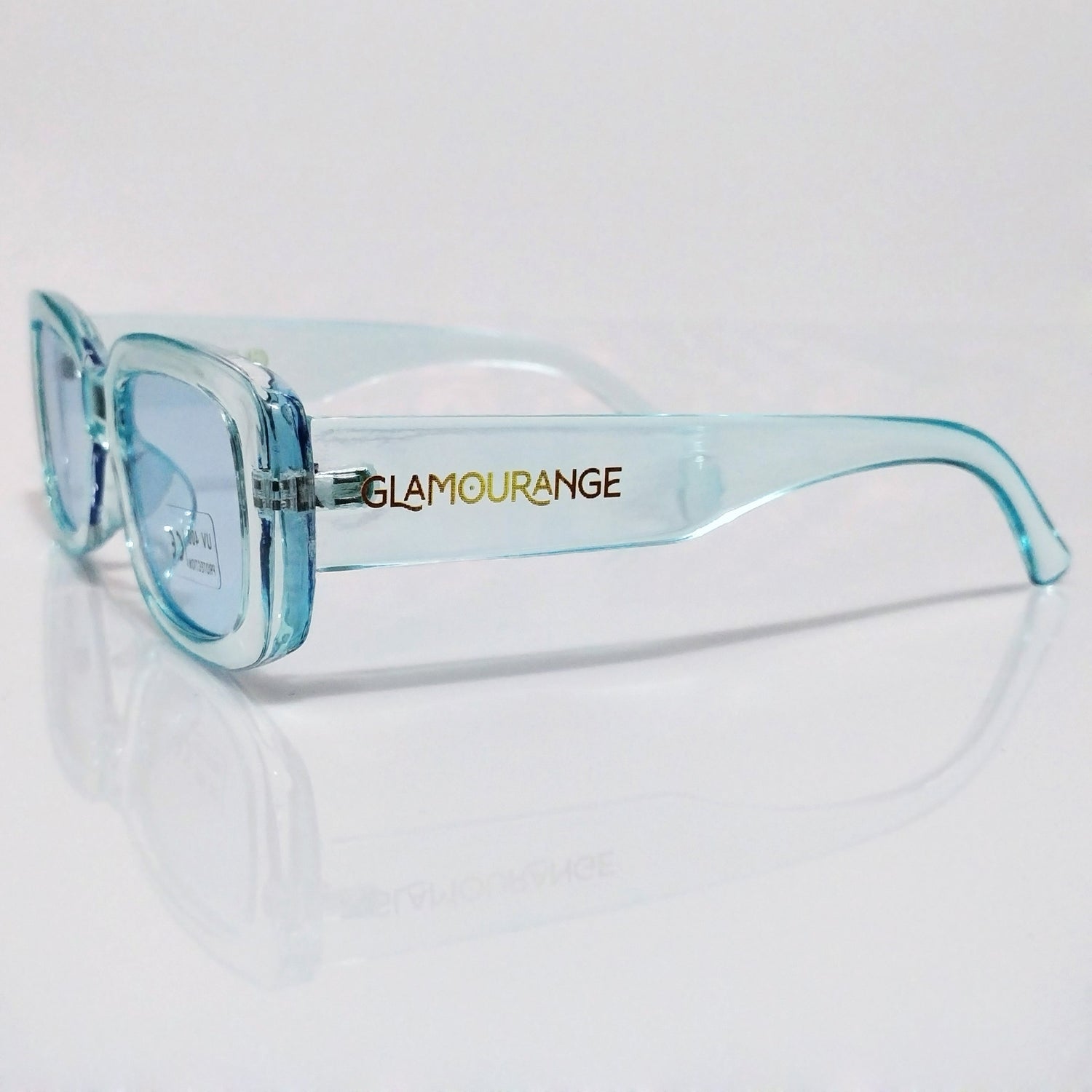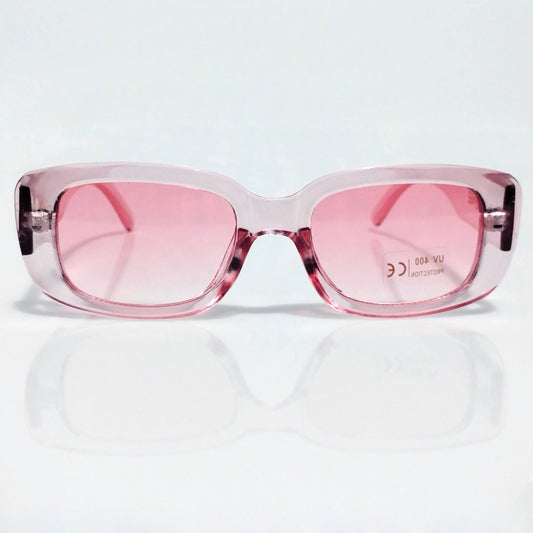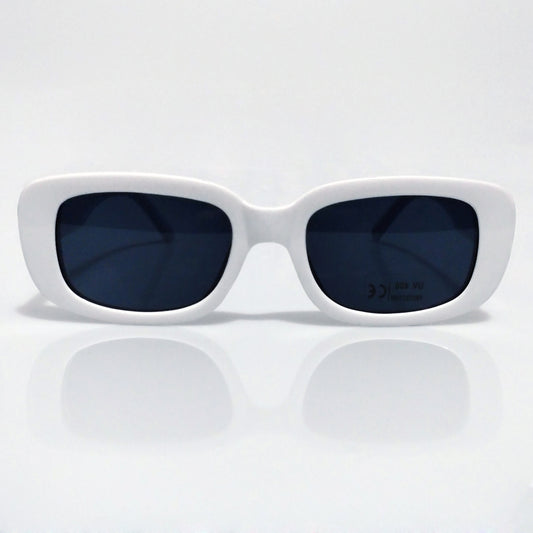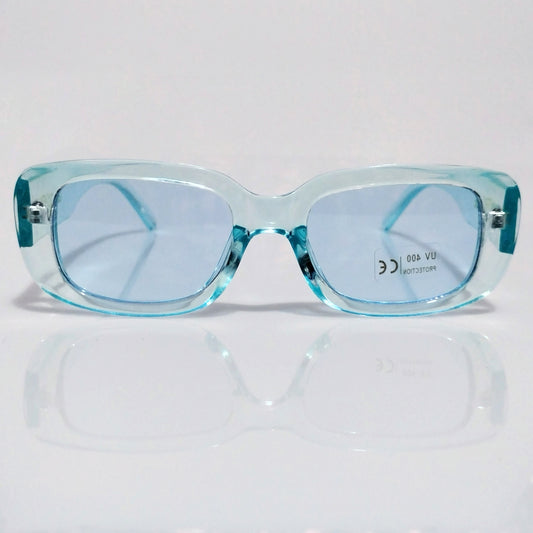
Can You Wear Sunglasses While Driving At Night?
SHARE
When it comes to driving at night, visibility is crucial. Many drivers wonder if wearing sunglasses can help improve their vision in low-light conditions. In this article, we will explore whether it is safe and advisable to wear sunglasses while driving at night.
Why do people wear sunglasses?
Sunglasses are primarily designed to protect our eyes from the harmful effects of the sun's ultraviolet (UV) rays. They help reduce glare, enhance contrast, and improve visual comfort in bright daylight conditions. Additionally, sunglasses can also provide protection against dust, wind, and debris.
Challenges of wearing sunglasses at night
While sunglasses are beneficial during the day, wearing them at night can pose several challenges. One of the main issues is reduced visibility. Sunglasses are designed to filter out a significant amount of light, which can make it difficult to see clearly in low-light conditions.
Another challenge is the potential distortion of colors. Sunglasses often have tinted lenses that can alter the perception of colors, making it harder to distinguish between different objects and their surroundings.
Legal considerations
In many countries, it is illegal to wear sunglasses while driving at night. This is because they can significantly impair a driver's vision and increase the risk of accidents. Law enforcement agencies and traffic safety organizations strongly advise against wearing sunglasses during nighttime driving.
Alternatives to sunglasses for night driving
If you find it challenging to drive at night due to glare or other visual discomfort, there are alternative solutions that can help improve your visibility:
- Use anti-glare glasses: These glasses have a special coating that reduces glare and enhances contrast without compromising visibility.
- Adjust your car's interior lighting: Dimming the dashboard lights and avoiding bright interior lights can help reduce glare and improve your ability to see the road.
- Keep your windshield clean: A clean windshield is essential for optimal visibility. Regularly clean the inside and outside of your windshield to remove any dirt, smudges, or streaks that can contribute to glare.
- Ensure your headlights are properly aligned: Misaligned headlights can cause glare for both you and other drivers. Regularly check and adjust your headlights to ensure they are properly aligned.
Conclusion
While sunglasses are a valuable accessory for protecting your eyes during the day, they are not suitable for nighttime driving. Wearing sunglasses at night can reduce visibility, distort colors, and increase the risk of accidents.
It is important to prioritize safety and follow the legal guidelines in your country or region. If you experience visual discomfort while driving at night, consider using alternative solutions such as anti-glare glasses or adjusting your car's interior lighting.












